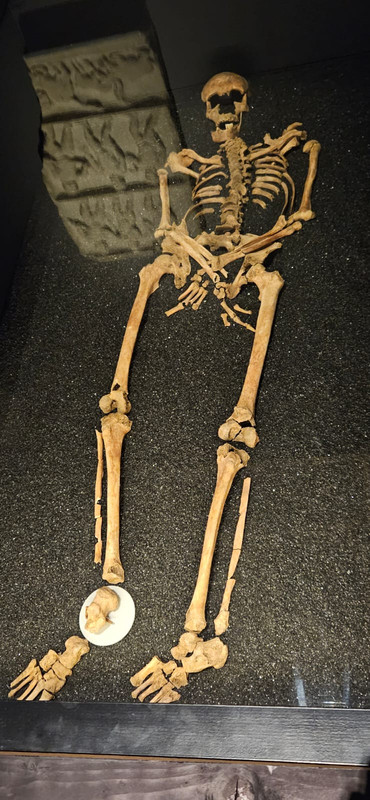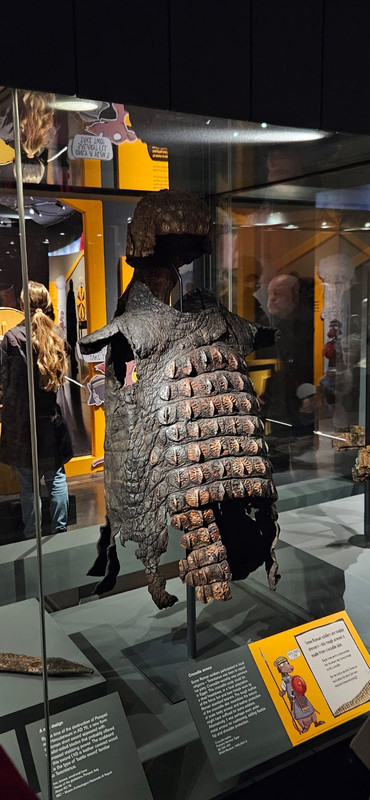- Joined
- Dec 17, 2013
- Messages
- 11,885
- Supports
- Brazil, Arsenal,LA Aztecs
My reaction to reading the article was similar to the point raised by @oneniltothearsenal, that it feels like a way of almost sweeping the barbaric past under the rug rather than confronting it. And then funnily enough, I had a completely different reaction to the related article beside it on the Guardian website about the American Museum of Natural History removing its large collection of human remains.
In both cases the human remains were obtained through non-consensual means, in both cases the institutions are trying to 'return' or find a respectful resting place for them, but I still can't help but feel that Harvard book removal is in some way being insincere about the past, leaving it there would be the more honest stance, while feeling that the Natural History Museum's human remains removal is the right response to reflection on how those bodies were used for eugenics and past crimes.
Yeah, I feel the same way. I don't look at those at the same thing but I think they are fundamentally different.
Why is it insincere?
Removing the skin isn't erasing history in the same way that removing statues during BLM wasn't. It's how you narrate the history after doing such things that determines if it's erased or not.
I don't view those examples as the same at all. A statue glorifies the person or topic. It sends a message that those people were heroes. The book binding is totally different. It serves as a reminder of barbaric things we don't want to repeat and serves more as a warning. I think the book is more powerful than just an image the same way seeing pictures of Auschwitz now is not the same emotional effect as visiting Auschwitz.
For the book, if that happened to me I would absolutely prefer the book with my skin be kept intact as what happened than some rando administrator deciding what to do. It almost feels like another violation because it's not the person is consenting to whatever the Harvard admins are choosing to do either. Are they going to bury it, cremate it, preserve in some secret vault? Unless you have a confirmed descendant making the choice, Harvard isn't doing anything morally better than leaving the book in place. As I said, I'd prefer my sacrifice be left as an example myself where it at least does some good.
Also very different than Native American remains which have established burial practices that were violated.


